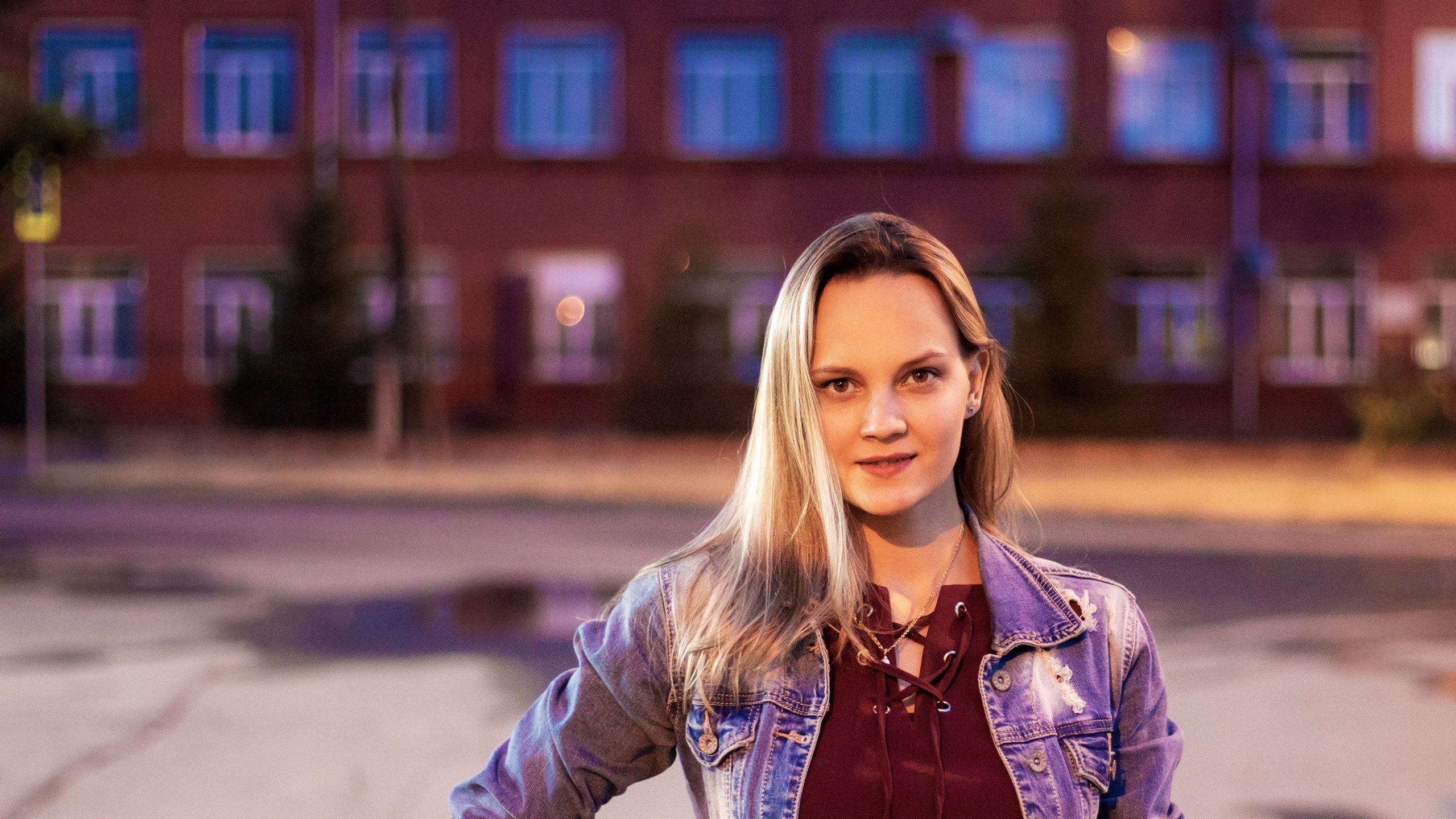Seven years ago, Margarita Khairullina recovered from leukaemia with Gift of Life’s help. Since then, she’s managed to earn a degree in journalism, start a Masters, abandon it halfway in, get into photography and become a swimming instructor. We asked Margarita how her life had been going before the illness, what she did during the quarantine, and how to turn any time to your advantage—even self-isolation.
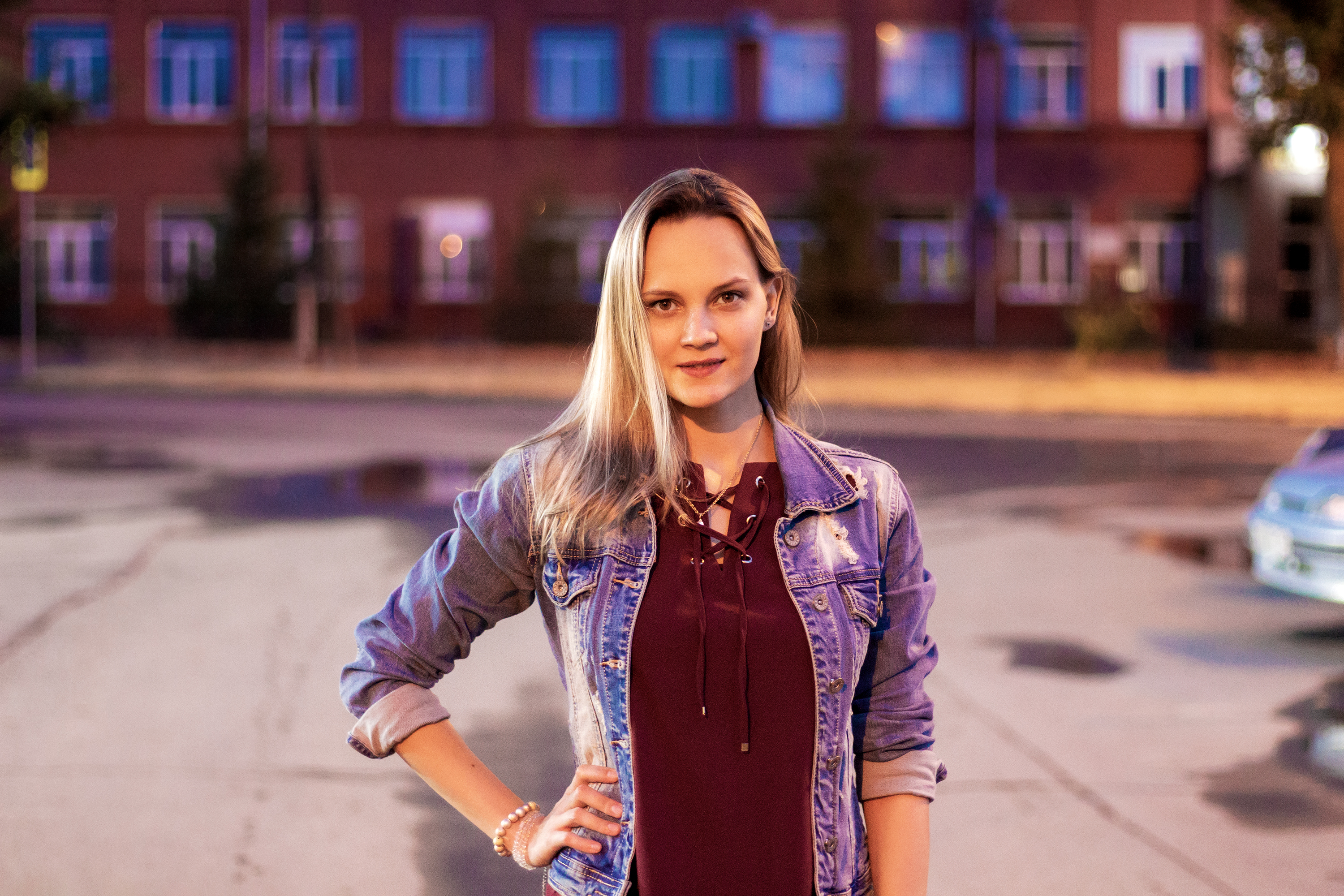
Margarita, you finished your leukaemia treatment seven years ago. I’m sure that over time you’ve developed a different view of your life and your illness. How has this affected you?
It’s already been seven years, but it seems like it was only yesterday! I didn’t feel negatively about it then, and I don’t now. It was a particular experience that gave me wonderful close friends and new relationships. That’s why time flies for me. I’m constantly in touch with the kids I met thanks to that challenging trial. In a way, we’re almost like family.
Unfortunately, not all of them are still with us. We remember them fondly, and I’m endlessly grateful to fate that we were able to spend time together.
There’s been one big change: I now have more friends not just in Russia, but across the whole world! As for whether I’ve changed despite or because of my illness, I don’t even know. I got hit by cancer at 18, and that’s a time when everyone’s personality and beliefs are both in flux. I can’t say the illness made me grow up. That would have been the number in my passport.
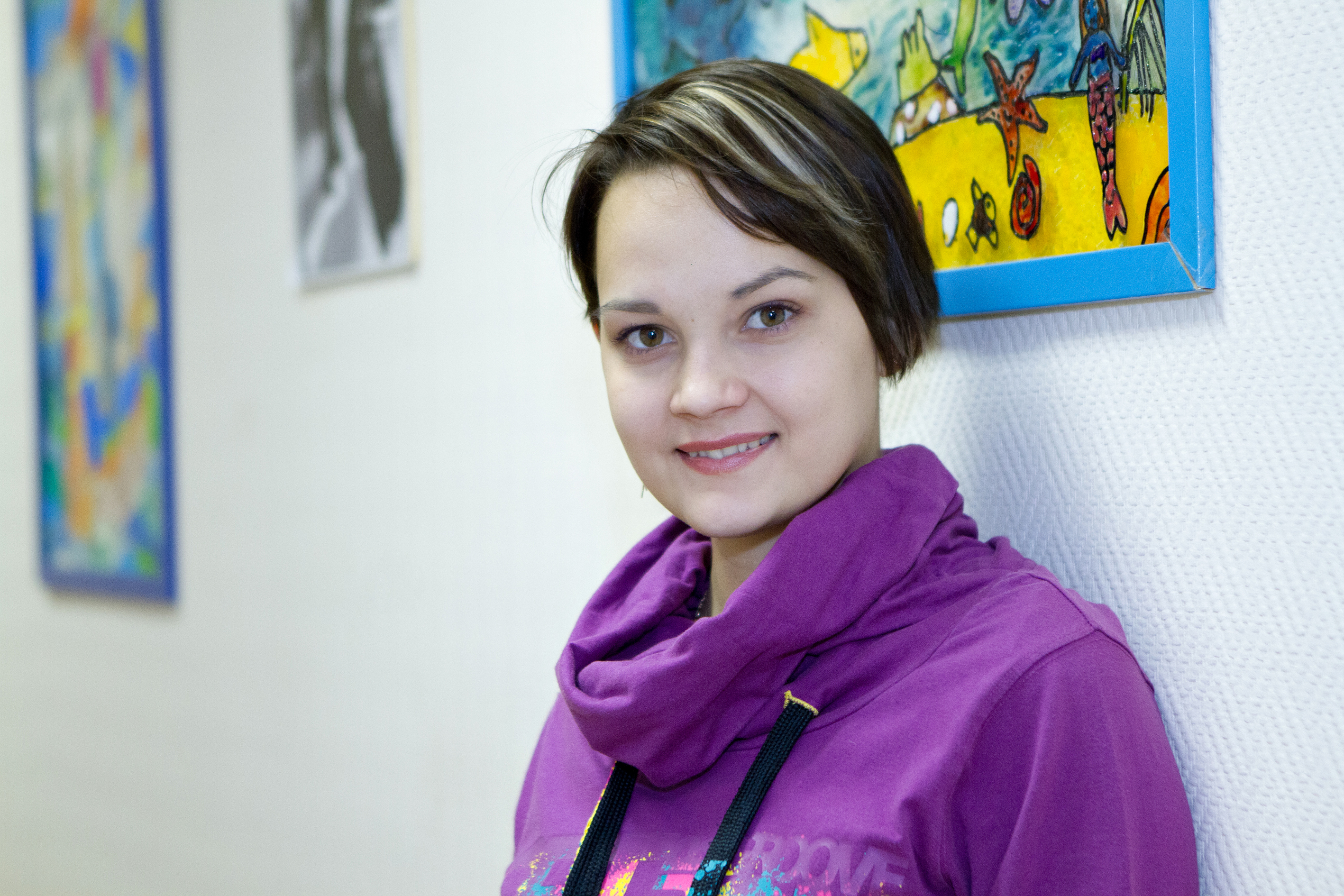
After your treatment, your university studies took priority, and you had to give up on professional sports. How did you cope with the apathy when you found your life’s ambition was over?
Sports didn’t disappear when I fell ill. During that time in my life, these two things continued side by side. After my first chemotherapy course, I started to train, because I was convinced it was a good idea. Then, when I developed complications, I had to stop, as I realised that that kind of sport wasn’t good for me. I began to read books about athletes, like Lance Armstrong and his recovery from cancer. That helped a lot. I also had friends who played sports come visit me. They told me how things were going, and I lived vicariously through their experiences. At the time, that was enough for me.
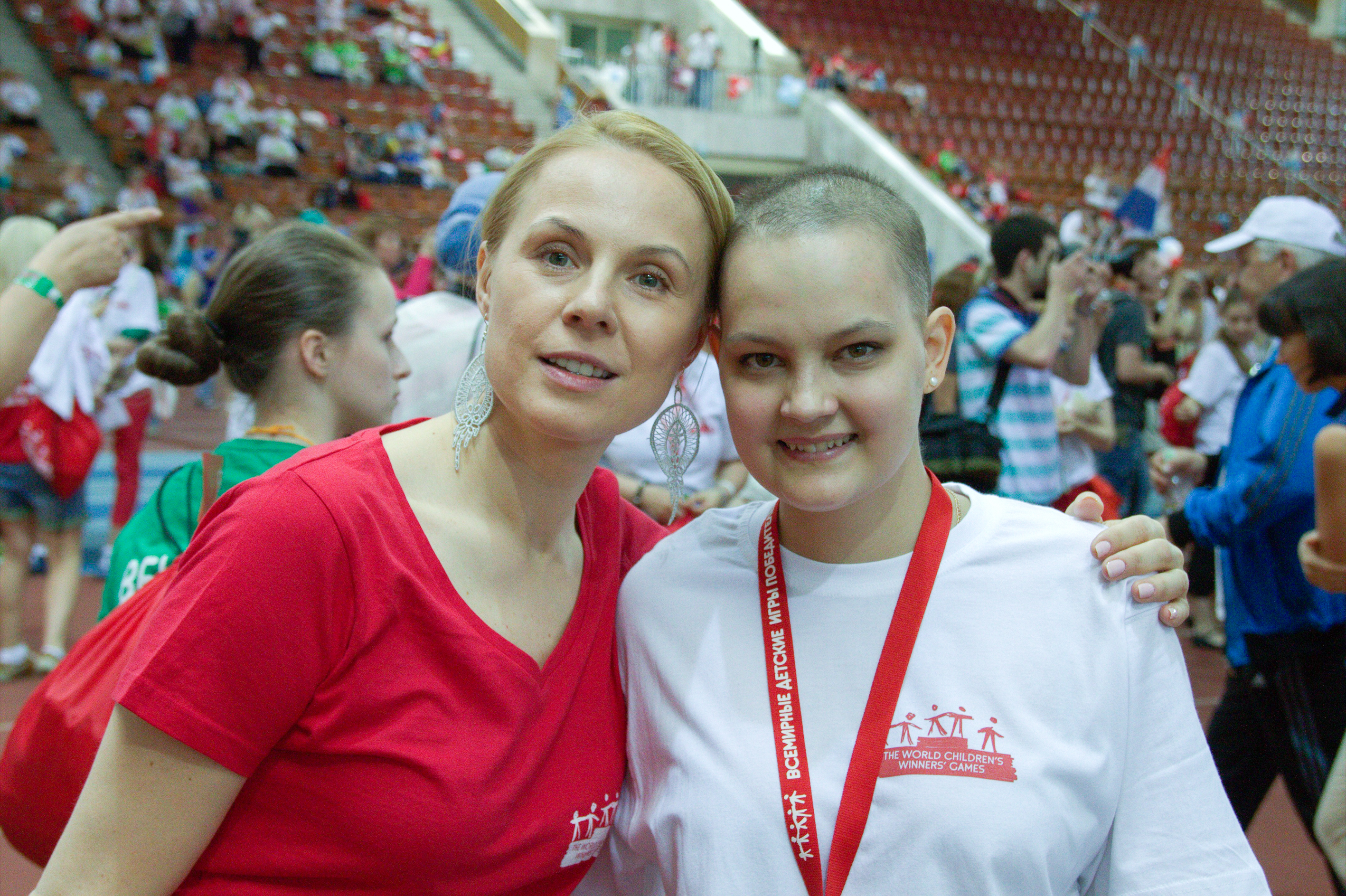
With Dina Korzun at the Winners Games in Moscow
You finished a journalism degree, you are a photography enthusiast, you have a personal fitness regime, and you work as a swimming instructor. Where do you find the time?
The answer’s simple: I don’t. During my fourth year at university, I worked as a press secretary for a charity as part of my degree, simultaneously had a part-time job as an instructor, and worked on my dissertation at the same time. I truly loved everything I was doing, but over time, I came to realise it was an overfilled schedule. I’m not one of those people who casually succeed at everything they try. I doubt they even exist.
Gradually, I eliminated things from my life one by one. Admittedly, my parents weren’t thrilled when I left my Masters with half a dissertation. But I gave it up after a year of study—I just realised that right now, what I cared about and what I needed was something different. The other thing that pushed me towards that decision was a certain amount of disappointment in the education system itself. That left just my instructor work, and I’m very glad it did. I love working with kids, I love training people, I love my swimming pool—right now, I’m completely happy.
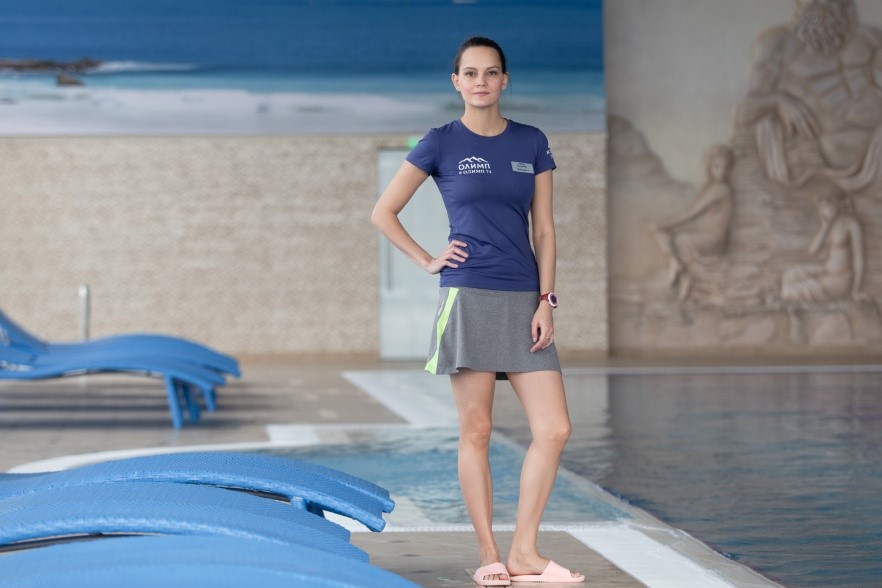
Margarita is a swimming instructor now
In 2015, you came to London to take part in the Gift of Life Gala. You even met the donor who helped gather money for a course of Erwinase for you two years earlier. Can you remember how you felt at the time?
I still get goosebumps thinking about that evening. It was like being in a fairy tale. There aren’t any words for how I felt that night, or that radiant sense of gratitude. I knew that a few years ago, it was at an evening just like that one that Gift of Life had gathered the money for my treatment. When I came up to the family who’d paid for my medication, I was, of course, really nervous, and didn’t manage to get out anything more than a thank-you. This profound gratitude is something that fills you up so much that you lose your sense of reality; I felt like I was in a dream. That’s not just a figure of speech—in that moment, I genuinely couldn’t tell how real everything was.
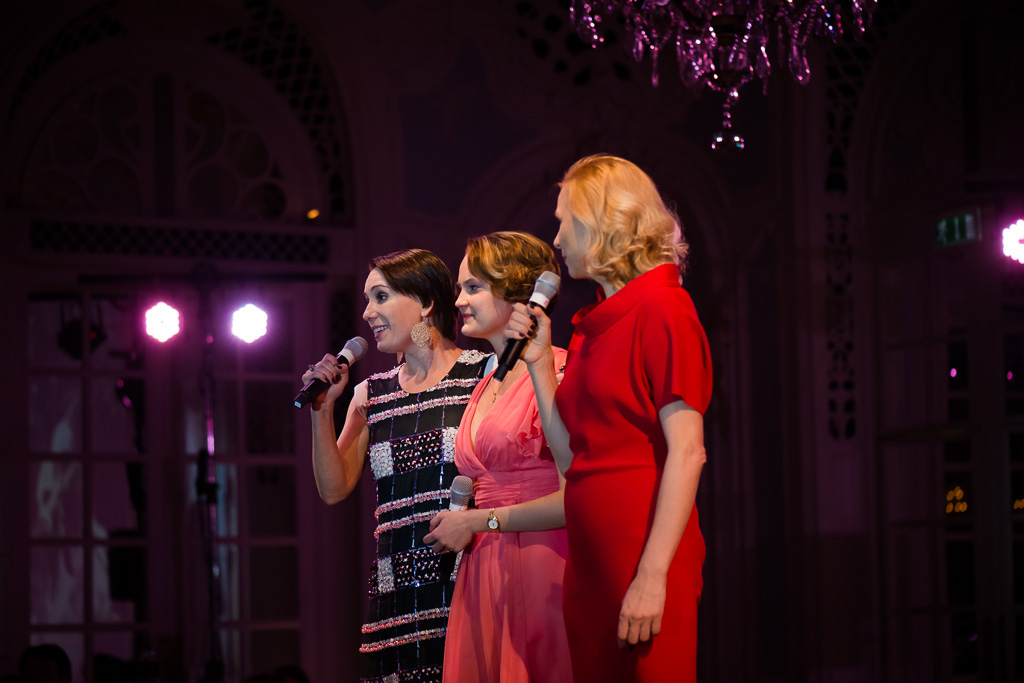
With Chulpan Khamatova and Dina Korzun at the Gala evening, 13 January 2015
For many, the summer of 2020 was a unique one, and not always in a good way. Some people spent weeks self-isolating, while others couldn’t see their relatives in other countries. How did you spend your summer? What do you remember most about it?
This summer wasn’t like the one of 2015, when meteorites fell in Chelyabinsk, but I’ll still remember it for a long time. It was hot, and I had a visit from a friend from Moscow that I’d met through Gift of Life—she, too, had been through a serious illness. Together with my family, we sailed the Ai river on the Bashkirian border. My home region’s wilderness is beautiful, with countless lakes, rivers, and mountains. This year, I got to visit national parks, go on a camping trip, and cross the entirety of the enormous Chelyabinsk Oblast.
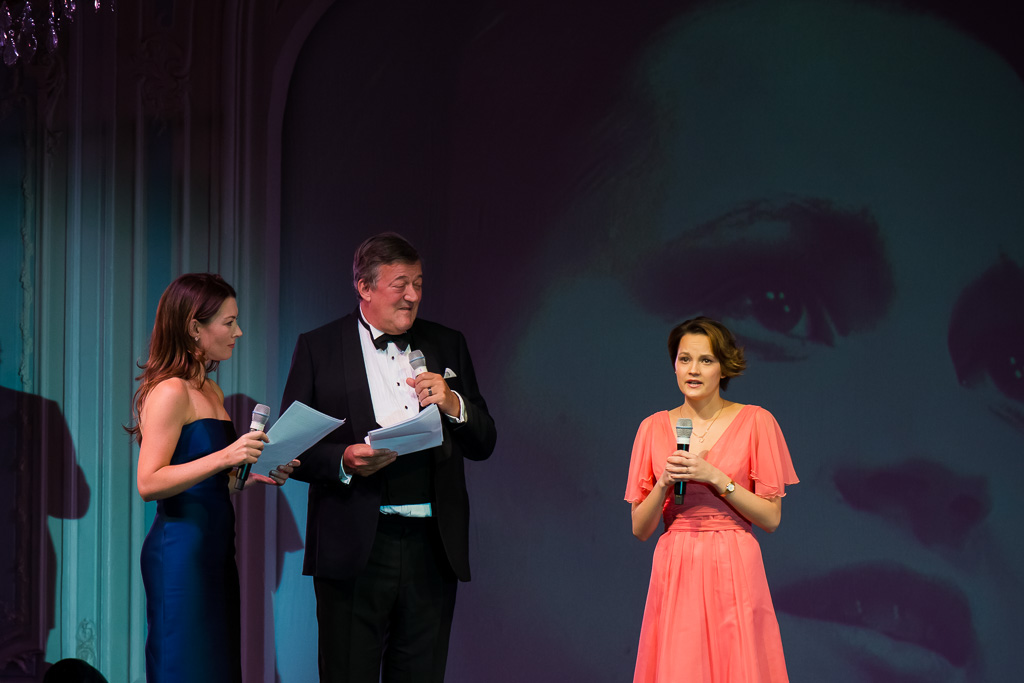
With Stephen Fry and Justine Waddell
Were you active during spring self-isolation? Did you learn a new hobby or some kind of useful skill?
During self-isolation, I focused on passive rest and solid, healthy sleep. It’s a great practice I’d recommend to everyone. I also took part in online competitions and even won a prize. The idea’s simple: you have to spend an hour a day riding a bike, running, or swimming, and then leave a report on the race’s page. Did I mention how I love my swimming pool? That’s where I went swimming every day. With that, the quarantine was over before I knew it. It was near the end that I got the hang of a new skill, facial massage, and got a good deal of practice.
What would you wish for the children in the charity’s care who are going through treatment right now?
There’s a very simple phrase which works as my main advice for during treatment and especially after it: “value what you have”. It’s the same as with the quarantine: while you’re going through treatment it’s important to rest and recover your strength, but without retreating into yourself and abandoning everything. You have to find things to get passionate about, and value what you have. After quarantine or treatment, we see our experiences differently. We look back at that period of restrictions, and we don’t regret anything as long as we did our best to stay active, coming up with activities to enjoy and finding pleasure in simple things.
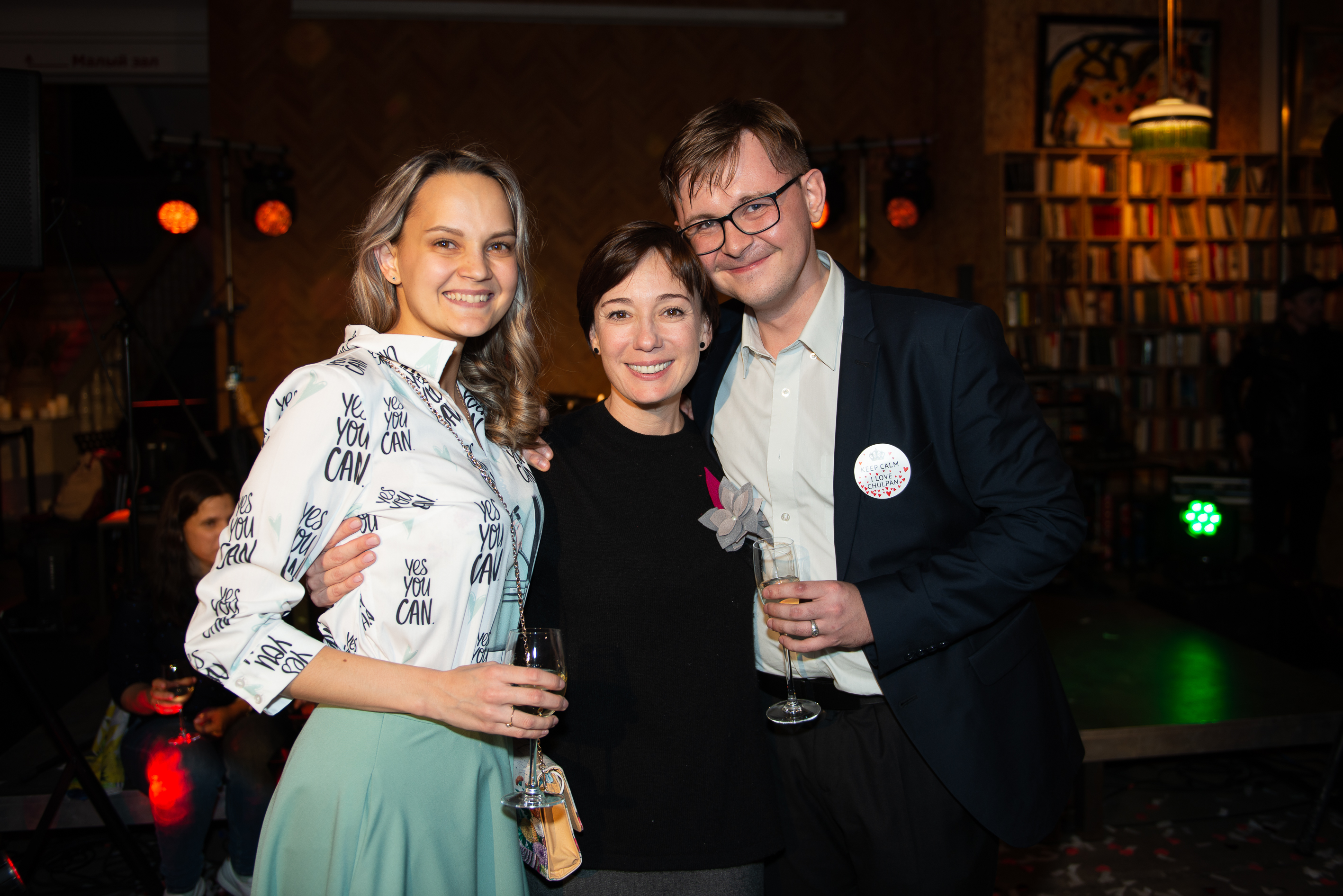
Margarita with Chulpan Khamatova and Nikita Merkulov, October 2020
A goal or a dream helps live without regrets. What do you dream of right now?
I have a hard time with dreams. The other day someone said that when I was doing sports, surely I dreamed of being an Olympic athlete? After all, that’s the highest award an athlete can receive. Maybe I’m not a real athlete, but I never had a dream like that. I had specific goals: regional competitions, then national ones, then European ones… And that was the point when my journey as an athlete ended.
In the same way, while I was having treatment, I didn’t dream of “recovering and being healthy”. I had a goal: I went through the first course, completed it, so that was great, now to keep going to the second, and so forth. I just can’t imagine a dream of being healthy. After all, I always saw myself as healthy; there just came a time when I had to correct the state I was in. I can’t manage big, expansive dreams as an adult either. I don’t have any—just goals. I don’t know if that’s right or wrong, especially when everybody and their dog is telling me to follow my dream. Right now, we’re getting ready for a children’s competition, and my goal is to make sure my kids swim well. This is a big deal for me, so I’ll be very happy when they do.
All I can tell you is my dream as a child. Every time I blew out the candles on my birthday, I wished to become a princess. As it happens, that’s what they still call me at home—“our princess”. So I’d say I’ve fulfilled the biggest dream of my childhood!
Your donations pay for vital medical treatments and give children like Margarita a better chance to beat cancer.

